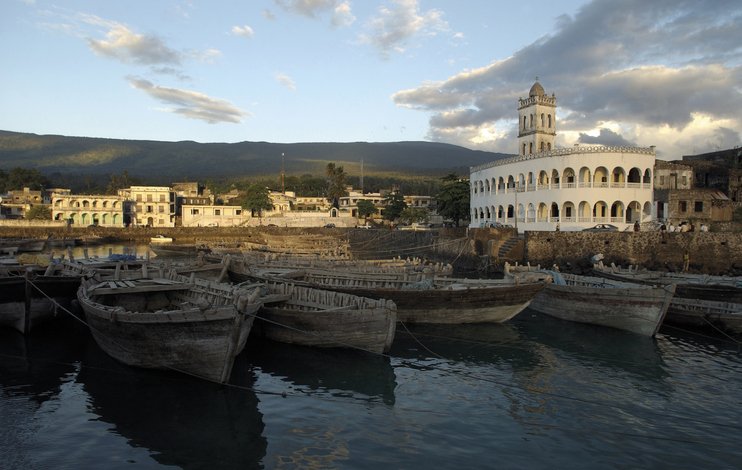Discover Comoros Islands
Few have even heard of this gem at the northern reaches of the Mozambique trench and the islands remain virtually unvisited every year. Yet, to those who make the journey to this tiny archipelago set in the azure waters off Africa’s east coast, a truly stunning world where nature’s palette has produced a masterpiece awaits.
Three contrasting volcanic islands, all with irresistible charm, provide an escape from the bustle of life to a place of endless sequestered beaches, turquoise shallows, reefs teeming with life, and deep indigo ocean views that are bewilderingly beautiful.
Encounters with rare species on starlight shores and amidst virgin rainforest are a given in this forgotten treasure.
What to see on our
Comoros Group Tours
• Visit all three of the Comoros Islands; Grande Comore, Anjouan and Mohéli
• Climb Mount Karthala volcano
• Spot the Livingstone Fruit Bat - the largest bat in the world
• Search for whales and dolphins in Le parc Marin de Mohéli
-
Although many of our tours are small group adventures with set departures, as a bespoke operator, we can design and create trips to suit any traveller, from solos to larger groups.
Most of our popular group tours are available on a private basis, allowing you the freedom to decide on when you would like to travel. Below we have given some sample pricing based on one or two people travelling. To find out more about organising this tour on a private basis, or arranging the perfect holiday tailored to your requirements get in touch with our well-travelled team. Contact us by phone or email.
Comoros Discovery
11 Days Private Tour price based on one person travelling - from £3,250
11 Days Private Tour price based on two people travelling, sharing twin or double accommodation - from £2,210pp
Our Tours
Comoros Islands
Comoros Discovery
Small Group Tour
11 Days from £1,799
Feedback from our Travellers
Best Time to Visit
Since the Comoros Islands can get hot and humid from December to April, the best time to
visit the islands is during its cool and dry season, specifically from June to October,
when the chance of rainfall is generally lower
Sep
Oct
Nov
Dec
Best
Mixed
Poor
Mar
Jan
Feb
Apr
Aug
May
Jun
July





